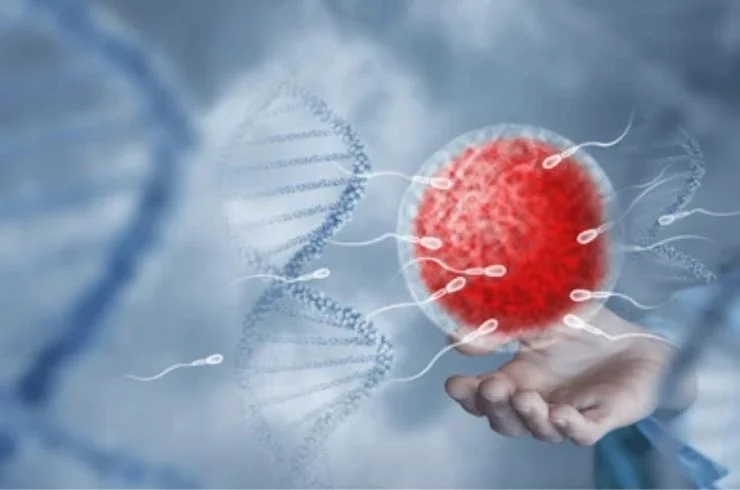
Donor Egg IVF (In Vitro Fertilization) is a valuable assisted reproductive technology designed for women who are unable to conceive using their own eggs. This option is particularly beneficial for those facing challenges such as advanced maternal age, diminished ovarian reserve, genetic disorders, or previous unsuccessful IVF attempts with their own eggs. In cases where there are no contraindications to carrying a pregnancy, donor egg IVF can offer a hopeful path to parenthood.
How Donor Egg IVF Works
Egg Donation:
Fertilization:
Embryo Development:
Embryo Transfer:
Cryopreservation:
Benefits of Donor Egg IVF